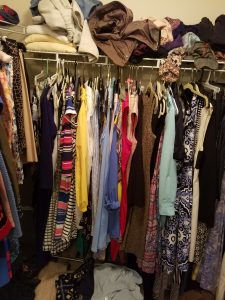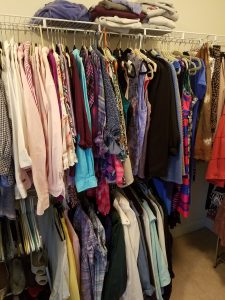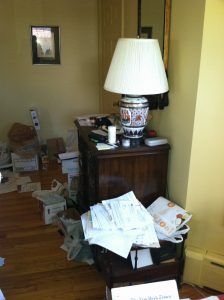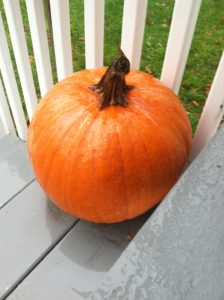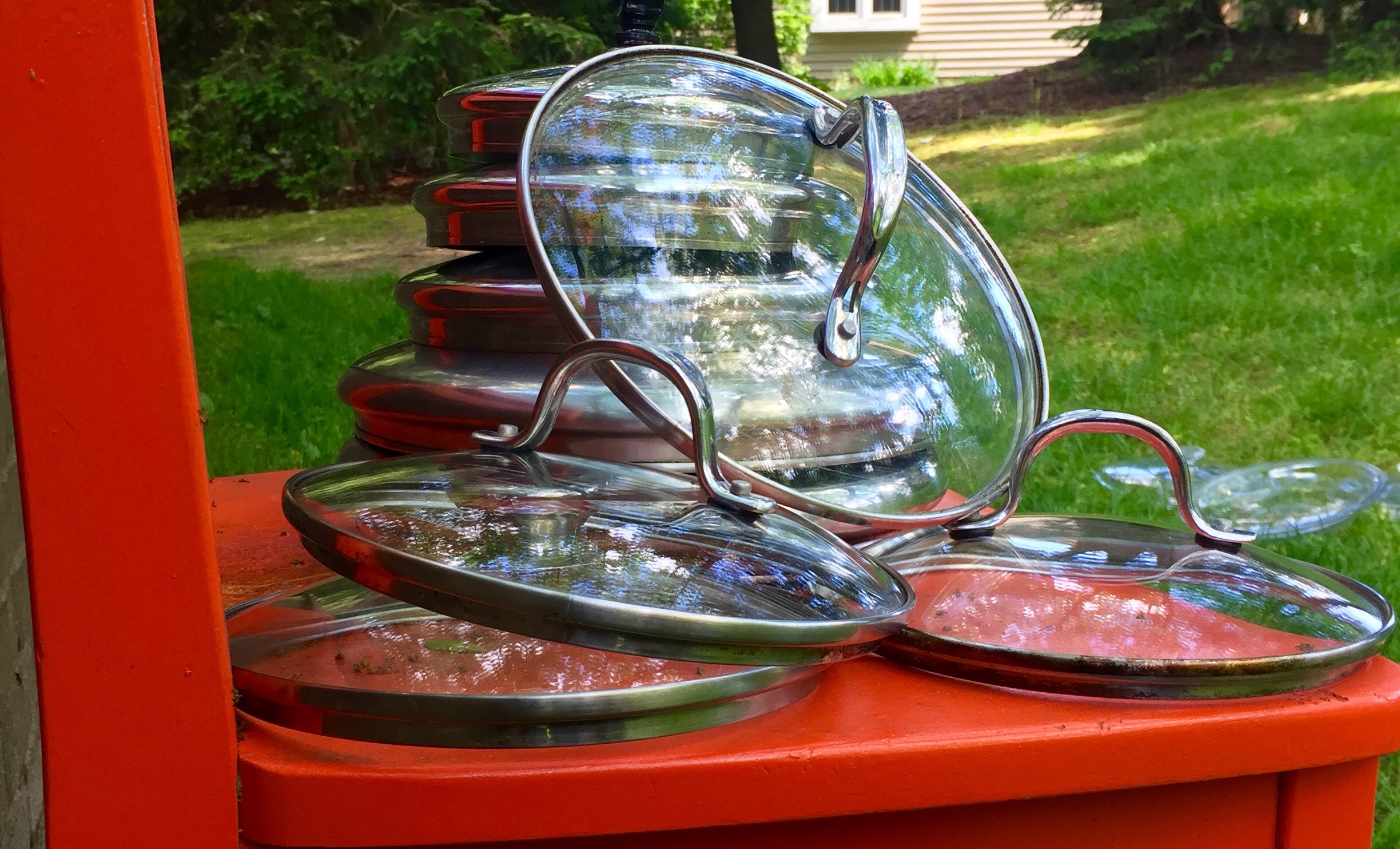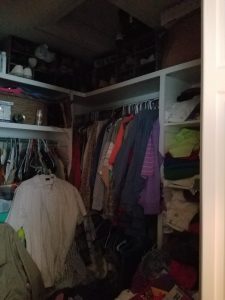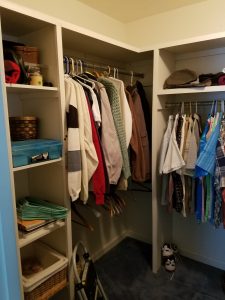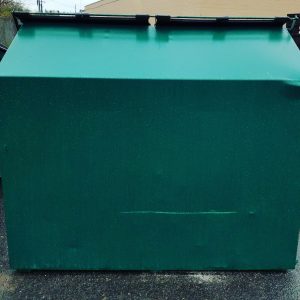 Living Among the Paper Clutter and Dead Trees
Living Among the Paper Clutter and Dead Trees
It’s real! The dining room table is buried beneath heaps of paper because the kitchen island has morphed from a rolling land of hills into a mountain ready to break an avalanche. In the living room, there’s a mound of magazines and newspapers multiplying on the ottoman, with some spill over on the coffee table or chair awaiting for someone with spare time to read, sort through, clip and save, and maybe even restack. The file cabinet is chock-full. There could possibly be a box filled with paper in an attempt to deal with this issue at a more convenient time. Better yet, there could even be a designated room housing the clutter of paper. In any way, shape or form, there is acute knowledge of the accumulation of paper as it permeates throughout the house with ultimate plans for a takeover.
This may be a bit extreme, but the barrage of written and printed information we receive every day surrounds us. Even though we live in an electronic age, the regular mail gets delivered just about everyday. That’s almost 365 days of some form of paper delivered in one year. And this doesn’t’ include the myriad of other avenues paper seeps into our space. We reach for sticky notes to jot reminders, we send and receive printed-on-paper invites, receive subscriptions to newspapers, magazines and the insurmountable obstacle of brochures, flyers and promotion postcards, and more. School artwork, your business and possibly parent’s personal business paperwork comes home, too. Our spouse brings home paper from work. We collect receipts for various reasons, some with very valid reason, and some…well, it’s a mystery as to why.
At the end of the day we walk in with the daily mail, just wanting to relax, and so we drop it on a counter, or a table thinking we’ll get to it “in a moment” or “later”. Later doesn’t come. That moment was long gone, perhaps several days ago. But the paper…it’s still coming. And it’s accumulating. Whatever attempt we made or didn’t make is a conditioned response. A habit.
Like tending to the garden or the yard cleanup every season removing weeds and debris, we need to tend to our “inner yard” – the landscape within our homes and with the same fervor and commitment. We need cleaned up space, free from clutter and debris in order to grow, thrive, feel good, be our best and be profitable. Surely, looking at the accumulation of paper reveals the high amount of usage that is occupying valuable real estate – the inside of your home. As the mounds of paper continue to take up space, the daily process of recycling is halted. And recycling is critical because about one third of new paper comes from recycled paper; therefore saving living and thriving trees. Recycling the accumulated piles of paper is helping to conserve the trees in our natural landscape. Those stagnant mounds of paper are dead trees in your home, like the weeds and debris in a yard prior to clean-up. In order for you to grow and thrive those piles of paper need to be cleared and brought to recycling. Agree to designate a limited intake through change of habits, and possibly an intervention to end the accumulation of paper.
Ruthlessly, survey the interior of your home. Where are the piles? Look everywhere, the closets, the office file cabinet, the basket in the corner of the room, under the beds, the bottom shelf, that stuffed drawer, everywhere. Tackle each section, one at a time, with the goals of organizing, sorting, shredding and recycling. Spring clean-up starts today!
